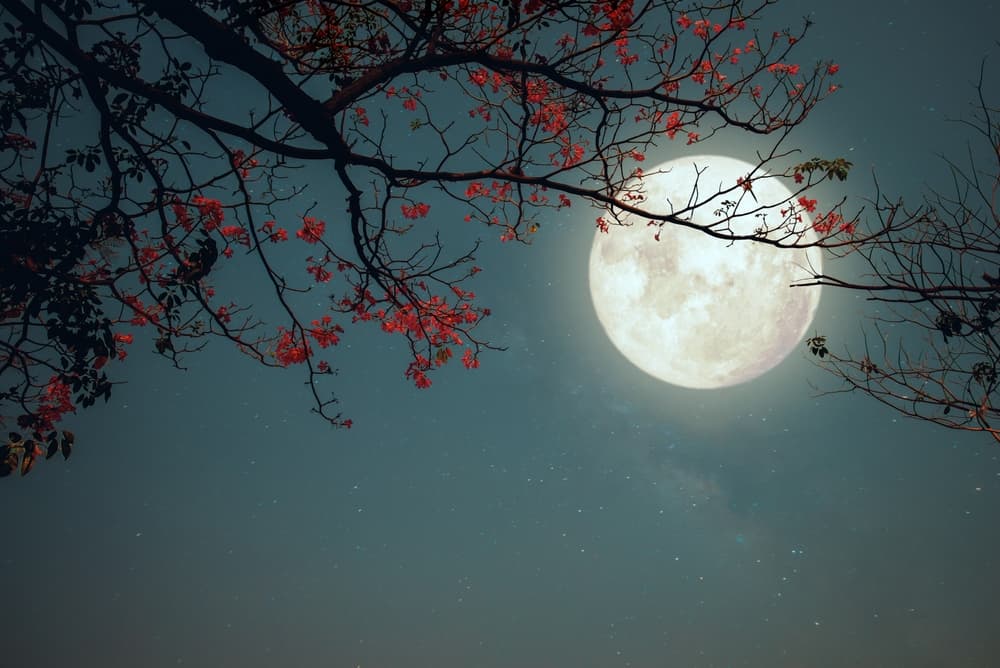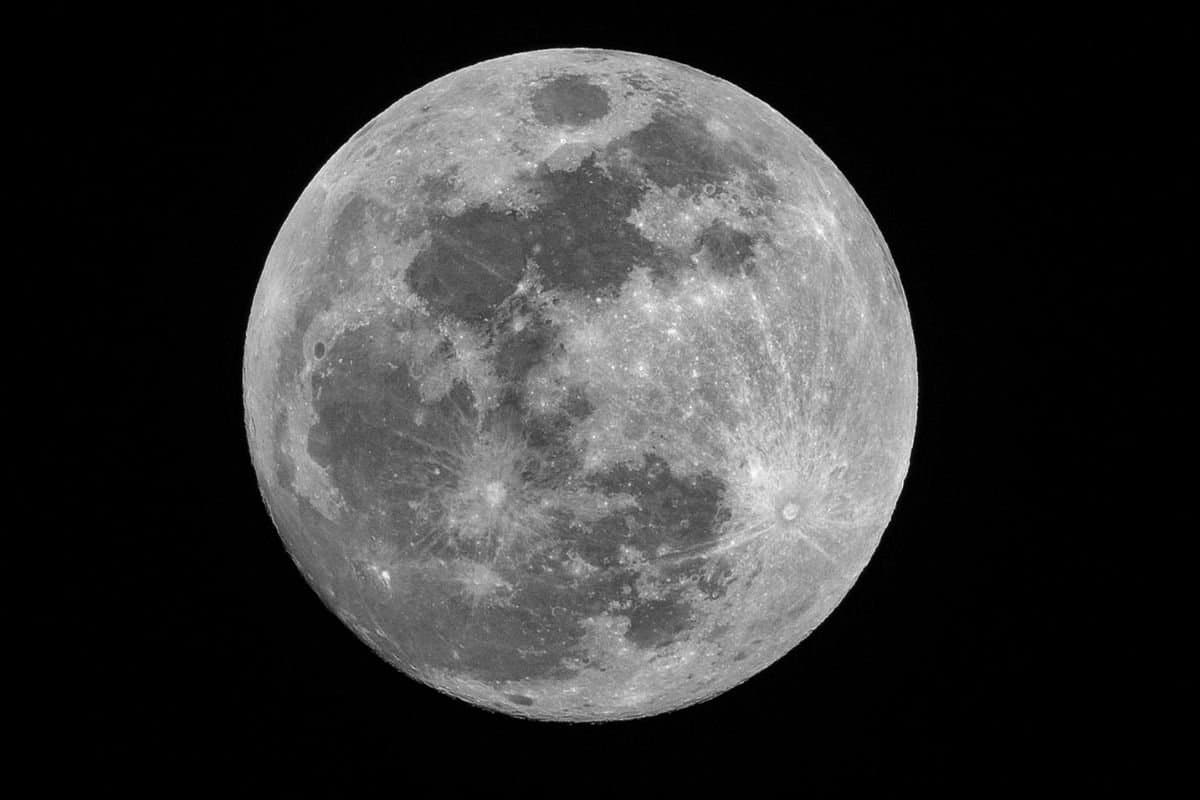Can the Moon affect mental health? Astrology and science behind emotions

The moon’s influence doesn’t elicit a dramatic, in-your-face reaction; instead, the shift is subtle, nuanced, and sometimes even imperceptible.
Here’s a not-so-fun fact. The word lunacy actually comes from luna, the Latin term for moon. Despite its celebrated beauty, this celestial body hasn’t been able to shrug off the age-old trope that moon phases and mental health are connected. From Aristotle to Shakespeare, the full moon effects on mood have often been linked to madness, unpredictability, and emotional outbursts.
While not entirely true, there is a subtle connection between lunar cycles and emotions. The Moon’s influence on the human mind is not the dramatic, werewolf-style shift that movies and myths portray. Instead, the Full Moon and human behaviour share a quieter, more nuanced link, one that shows up in small changes rather than extremes.
Full Moon, Mood Swings, and Sleep Issues

Scientific research indicates that the Full Moon may affect sleep cycles. Many people report taking longer to fall asleep during this phase, with delayed entry into REM sleep. Poor sleep patterns are one possible reason behind the association between the Full Moon and mood swings, including irritability, restlessness, or anxiety.
This subtle shift in rest and recovery explains why moon cycles and behaviour are studied closely. Sleep quality, after all, is one of the strongest foundations of emotional stability.
Water Signs and the Moon’s Emotional Pull
The Moon’s impact on mental health is especially significant for water signs in astrology: Cancer, Pisces, and Scorpio. These signs are naturally attuned to emotional depth, so lunar phases amplify their inner states.
-
Cancer often experiences a lift in confidence and greater comfort at home.
-
Pisces becomes more emotionally sensitive and compassionate.
-
Scorpio undergoes deep, transformative feelings, sometimes bordering on intensity.
Because the Moon rules tides and emotions, it makes sense that water signs feel the Full Moon more strongly than others.
Coping with the Full Moon and Anxiety

If you’re sensitive to the Full Moon and anxiety, there are grounding practices to help:
-
Crystals for balance: Moonstone, selenite, and amethyst are often used to stabilise emotional shifts.
-
Mind-body practices: Yoga, tai chi, or simply walking outdoors can help release nervous energy.
-
Meditation and mindfulness: These calm the mind and create space for reflection during lunar highs.
Creativity and Emotional Release under the Full Moon
The Full Moon and depression can feel heavy if left unchecked. One way to work with lunar energy is through creative expression. Writing, painting, music, or dance helps channel emotions into healing outlets.
Keeping a moon journal is another effective practice. Noting emotions alongside lunar phases gives you insights into your unique rhythm with the Moon. Over time, you may see patterns between your mental health and lunar cycles, empowering you to plan self-care accordingly.
The Moon may not send us howling in the night, but its subtle influence on mood, sleep, and emotions is undeniable. By blending astrology, self-care, and awareness, we can harness the lunar pull instead of resisting it.
Ask Agastyaa. Let AstroSure.ai realign your mind and body with lunar wisdom
Frequently Asked Questions on Full Moon Effects on Mental Health and Emotions
1. Does the full moon really affect mental health?
Scientific research shows subtle effects, mainly on sleep quality and circadian rhythms, but no strong evidence links full moon phases to drastic mental health changes in the general population.
2. Why do people associate the full moon with mood swings and lunacy?
Historically, cultural stories and anecdotal observations linked the moon to erratic behaviour, but most studies find these effects to be minimal and largely psychological.
3. How does the full moon affect sleep?
During the full moon, people may take longer to fall asleep and experience reduced deep sleep, which can indirectly influence mood and emotional stability.



